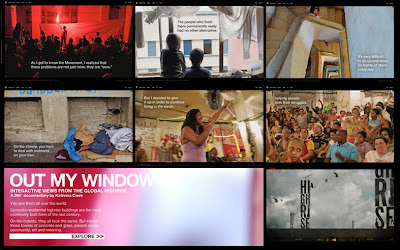Copyright © Tatiana Cardeal. All rights reserved.
Reprodução proibida. © Todos os direitos reservados.
In the middle of so many debates about our presidential elections, sustainable development, social responsibility...
what would be the real future for Xingu People of Brazil?
Tuesday, October 26, the Movimento Xingu Vivo para Sempre (Movement Xingu Alive Forever), a coalition of over 250 organizations and social movements that oppose the construction of Belo Monte dam, sent to Dilma Rousseff and Jose Serra a letter requesting that they expose their projects about the controversial dam. It's time to hear answers from these candidates. We can strengthen the process, and let them know that the world is watching signing this:
Petition (english)
Abaixo-assinado (português)
You can also visit the Movement site here and support the cause at their social networks:
Movimento Xingu Vivo para Sempre
> Exhausted, a Kayapo child, during the Indigenous National Festival.









Beauty, Truth, and Sensitivity
I chose this image I took at Nairobi, Kenya, during the VII World Social Forum. A Tanzanian tribal sorcerer and his assistant, playing a traditional dance with a python, at the Moi International Sports Complex.
More dancers and drummers were coming playing whistles .
I can still hear their sound, their magic.